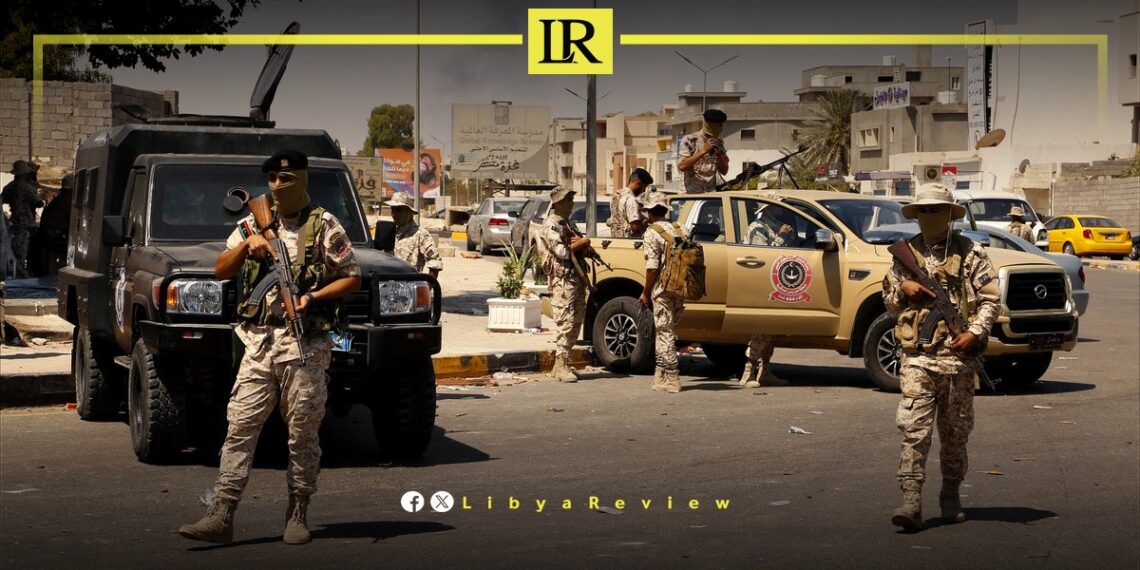The United Nations Support Mission in Libya (UNSMIL) has expressed deep concern regarding reports of troop mobilizations in the capital, Tripoli, including threats of using force to resolve the crisis surrounding the Central Bank of Libya. UNSMIL urgently calls for calm, tension reduction, and restraint, emphasizing that dialogue is the only viable solution to all disputes.
UNSMIL is actively engaging with all relevant parties to broker a peaceful agreement to address the Central Bank crisis.
The mission strongly criticizes the display of military force and armed confrontations in populated areas, deeming them unacceptable and a threat to the lives, security, and tranquility of civilians. UNSMIL considers these actions counterproductive, exacerbating the crisis and diminishing the prospects for a political resolution to the ongoing political deadlock.
Safety in Libya’s capital, Tripoli is continuously deteriorating, with threats of kidnapping and murder a daily occurrence for residents.
Over the years, kidnappings, arrests, and assassinations have increased substantially in western Libya. This is evident in the repeated statements of the Ministry of Interior, about the arrest of gangs and individuals involved in the kidnapping and extortion of expatriate workers.
In October 2022, the Head of the Zaher Al-Jabal Police Station, Abdel-Salam Abdullah Abdel-Nabi, was assassinated by unknown assailants. Just days before, a policeman was assassinated in the same city. Despite this happening in full view of everyone, those at the helm of power do not move a finger to identify the perpetrators. The security authorities do not move to arrest them, or announce their names.
Salah Abdel-Salam, the former Executive Director of the Civil Society Commission of the Libyan Presidential Council, was kidnapped in central Tripoli.
The National Commission for Human Rights in Libya (NCHRL) said that there are reports of security forces being involved in the kidnapping of Abdel-Salam. There has been no contact with him since the incident, and the identity of the security agency that kidnapped him has not been established. So far, his fate remains unknown.
Libya ranked fourth in the Arab world, and twenty in the world, among the countries with the highest levels of organised crime, according to the report of the Global Initiative to Combat Crime (GLOBAL INITIATIVE).


